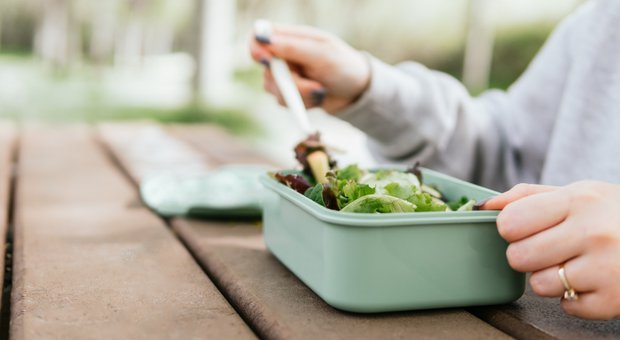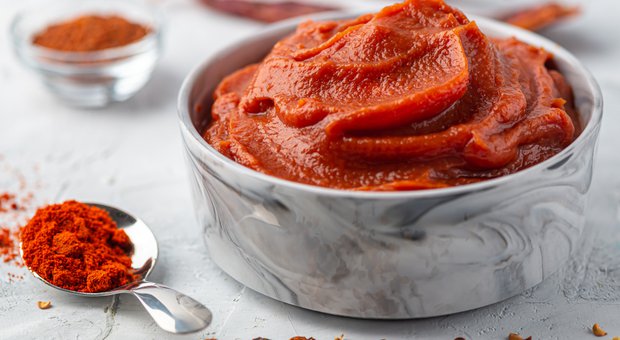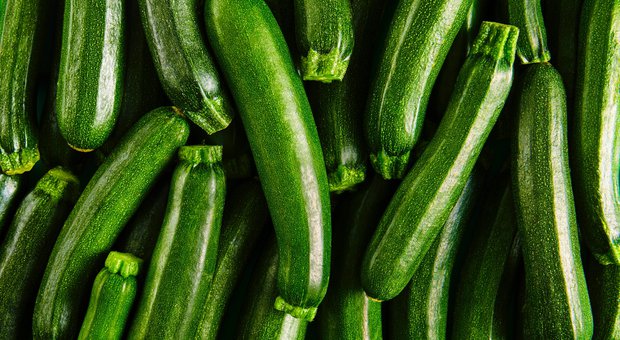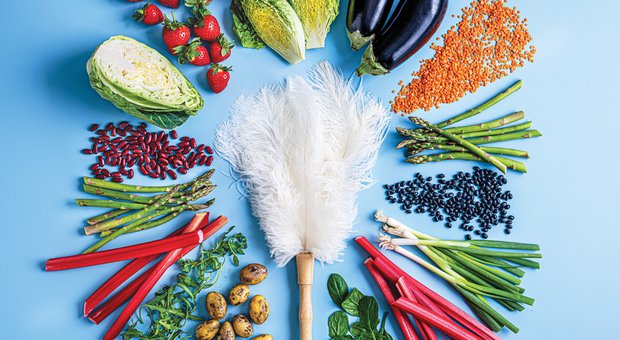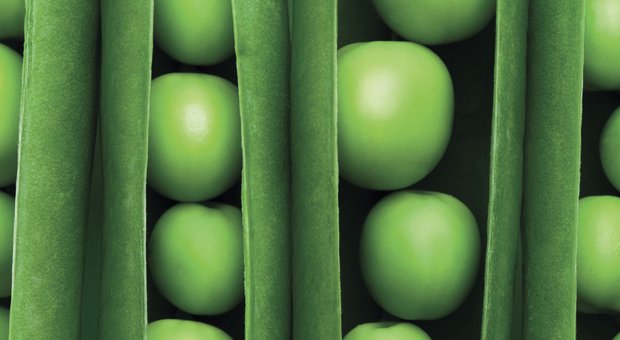Go mega for omega
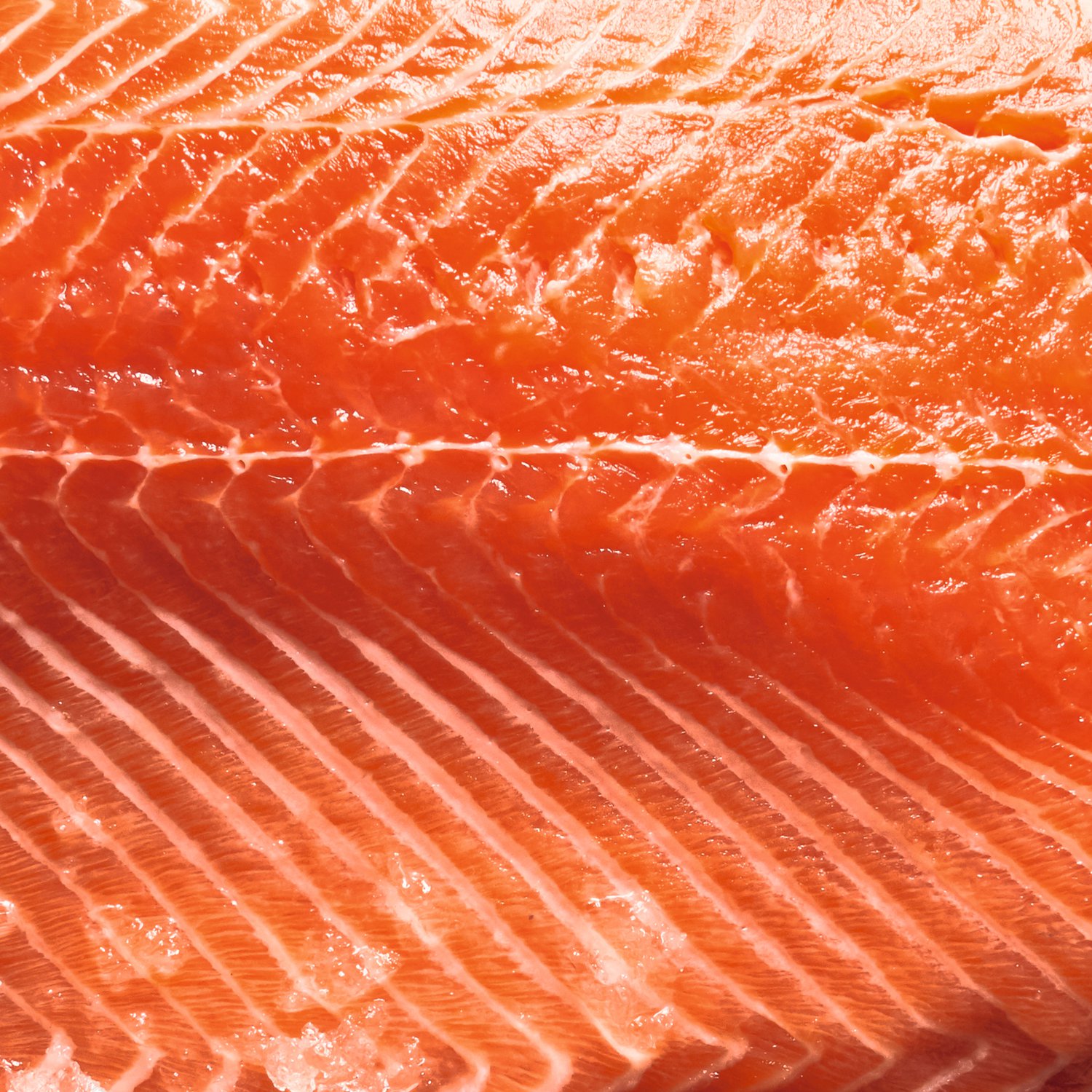
Omega-3s have a reputation akin to star status in the nutritional world. But what are they, and what makes these nutrients a vital component in our diets?
Omega-3s are like the vitamins of the fat world,” explains Dr. Linia Patel, a registered dietitian. “That’s because, like vitamins, they are essential for our health. Our bodies cannot make them in sufficient amounts, so we need to get them from what we eat.”
Omega-3s perform several important functions. “They are a vital component of the brain and eyes and help keep your heart, lungs, blood vessels and immune system working properly. They also help to fight inflammation – thought to be an underlying cause of many chronic diseases, including heart disease – as well as the decline in brain function that occurs as we get older."
Omega-3s have a reputation akin to star status in the nutritional world.”
Diets rich in omega-3s have been linked to a lower risk of heart disease, stroke, type 2 diabetes, certain cancers, Alzheimer’s, arthritis, dementia and depression. In countries with high fish consumption, people tend to have a lower risk of heart disease compared to people from countries where less fish is eaten. Because of this link and other nutritional benefits, it's recommended to eat at least two portions of fish each week, with one of these portions being an oily variety.
Oily fish include herring, mackerel, pilchards, salmon, sardines and trout. (Fresh and canned tuna do not count as oily fish.) A portion of fish is around 140g cooked, or 170g uncooked – around a tin and a half of sardines or an average-sized chunk of salmon fillet. To ensure there are enough fish to eat now and in the future, try to buy fish from sustainable sources. All Waitrose own-brand fish, from the counter to pre-packed, frozen or tinned, is sustainably sourced.
OMEGA-3S: THE BASICS
Omega-3 is a family of fats (or fatty acids) that are essential for health. There are three types: alpha-linolenic acid (ALA), eicosapentaenoic acid (EPA) and docosahexaenoic acid (DHA). ALA, the most common omega-3 fatty acid in the diet, is mainly found in oils from plant foods, such as nuts and seeds. It’s naturally converted into the biologically active forms of omega-3 (EPA and DHA) in the body – albeit in small amounts.
EPA and DHA come from oily fish, such as mackerel and salmon, and certain types of algae. White fish and shellfish contain small amounts, but only one-tenth of the amount in oily fish. There is also an increasing range of omega-3-fortified foods, including eggs (achieved by feeding hens omega-3-enriched feed), bread and spreads.
Avocados have 89mg omega-3 per 80g, plus monounsaturated fats to help maintain healthy blood cholesterol.
Spinach has 110mg of omega-3 in 80g, and is high in vitamins C, A and folate – all great for the immune system.
Linseeds/flaxseeds contain a whopping 6840mg omega-3 in 30g, along with soluble and insoluble fibre.
All Waitrose own-brand fish, from the counter to pre-packed, frozen or tinned, is sustainably sourced.”
Increasing your intake of omega-3 is trickier if you follow a plant-based diet or if you don’t frequently eat oily fish. Your best option is to include sources of alpha-linolenic acid (ALA) in your diet – found in walnuts, ground linseed, hemp, chia and pumpkin seeds – and to use rapeseed oil as your main cooking oil. Dark green leafy vegetables (such as spinach and kale) also contain small amounts.
Surprisingly, recent research has shown that omega-3 supplements, commonly taken to boost intake, may not be as effective in protecting against heart disease as the essential fatty acids from food sources.
There are some instances in which you may be advised to take omega-3 supplements. If you are, opt for those with low levels of vitamin A (too much vitamin A can be harmful to certain groups). If you are pregnant or breastfeeding, avoid supplements that contain vitamin A entirely. The best way to get your omega-3s is from your diet because foods contain a whole range of different nutrients, which improve your health in different ways.
The best way to get your omega-3s is from your diet because foods contain a whole range of different nutrients, which improve your health in different ways.”
Looking for easy ways to boost your intake? Here are five quick wins – from seaweed snacks to seedy sprinkles…
1. Vegans will benefit from stirring chia seeds, linseeds (flaxseeds), walnuts or hemp seeds into their porridge, overnight oats, breakfast cereals or even salads. Try scattering cold-milled flaxseeds, with or without other seeds or nuts, over foods for a particularly convenient fatty-acid hit.
2. Wilt shredded kale or cavolo nero leaves, which are a good source of omega-3s, into braises, stews and soups. Finish with a drizzle of extra virgin olive oil, which will add further omega-3 fatty acids.
3. Seafood lovers, rejoice: trout, salmon, mackerel and crab are just some of the excellent fish and seafood sources, while mussels make a good budget choice. Stir cooked mussels into a garlic and tomato pasta sauce, then fold through cooked spaghetti along with a drizzle of olive oil, plenty of chopped parsley and a scattering of chopped fresh chillies.
4. Kidney and edamame beans are a surprisingly good source of omega-3s (in the form of ALAs). Add the former to vegetable-rich chillies and soups, and the latter to stir-fries and noodle salads, keeping them vegan or vegetarian as needed.
5. Oily fish provides the best source of omega-3 fatty acids EPA and DHA, but for vegans, seaweeds or algae such as spirulina can be useful for increasing your intake. Stir spirulina powder into vegetable and fruit juices, snip nori seaweed sheets into salads and use to wrap sushi rice and vegetables, or eat crispy seaweed thins as a snack with spiced nuts and steamed edamame pods.

